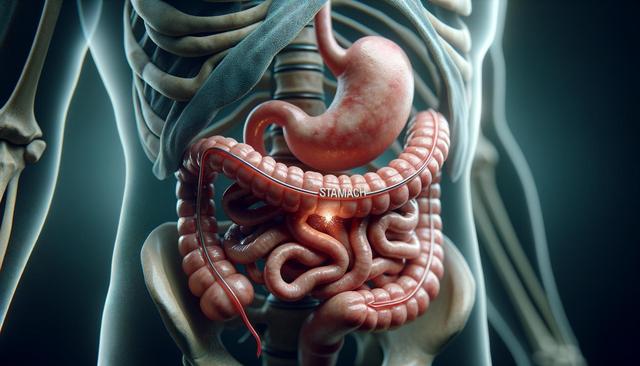Understanding Stomach Cancer and Its Early Indicators
Stomach cancer, also known as gastric cancer, originates in the lining of the stomach and may not cause noticeable symptoms in its early stages. As a result, it is often diagnosed after it has progressed. Recognizing stomach cancer symptoms early can significantly improve treatment outcomes. Common symptoms include persistent indigestion, bloating, nausea, and a feeling of fullness after eating small amounts. Advanced symptoms may involve weight loss, fatigue, vomiting blood, and black stools. These symptoms can overlap with less serious conditions, so it’s important to consult a healthcare provider if any persist.
Early detection plays a critical role in treatment planning. Screening tests, such as endoscopy and imaging, may be recommended based on risk factors like family history, smoking, or previous stomach infections. Understanding your risk and being proactive about symptoms can lead to earlier diagnosis and a broader range of treatment options.
Treatment Options: From Surgery to Chemotherapy
Once diagnosed, the type and stage of stomach cancer will determine the most appropriate treatment plan. Surgery is often the first line of defense for localized cancers and may involve partial or total removal of the stomach. For patients with more advanced cases, systemic therapies become more relevant. Chemo treatment for stomach cancer is frequently used before surgery (neoadjuvant therapy) to shrink tumors or after surgery (adjuvant therapy) to eliminate remaining cancer cells.
Other treatment options include:
- Radiation therapy – often combined with chemotherapy to enhance effectiveness.
- Targeted drug therapy – focuses on specific abnormalities in cancer cells.
- Immunotherapy – leverages the body’s immune system to fight cancer, especially in advanced cases.
While there is no single “best stomach cancer treatment” for everyone, a multidisciplinary approach tailored to the individual’s condition offers the most promising outcomes. Engaging with a team of specialists can help patients navigate these choices with greater clarity.
Evaluating Treatment Success and Monitoring Progress
Stomach cancer treatment success varies depending on several factors, including the stage at diagnosis, overall health of the patient, and how well the cancer responds to treatment. Success is not solely determined by cure rates but also includes symptom relief, improved quality of life, and prolonged survival. Regular follow-up appointments, blood tests, and imaging scans are essential to monitor for recurrence or complications.
Patients and families should stay informed about milestones during recovery and know what to expect in terms of side effects. Common side effects from chemo treatment for stomach cancer include fatigue, nausea, and lowered immunity, which can usually be managed with supportive care. Keeping an open dialogue with your medical team ensures timely adjustments to the treatment plan.
Exploring the Possibility of a Cure
Many patients wonder, “What is the cure for stomach cancer?” While a complete cure is possible in some cases—particularly when diagnosed early—advanced stages may not be curable but can often be managed effectively. A cure typically involves successful surgical removal of all cancerous tissue followed by treatments that eliminate any lingering cells. For advanced cases, long-term remission may be achieved through ongoing therapy and lifestyle adjustments.
Medical research is continually advancing, and new therapies are being tested that aim to improve both survival rates and quality of life. Clinical trials may offer access to cutting-edge treatments and should be discussed with your oncologist. Being well-informed about all available options allows patients to make empowered decisions about their care.
Support Systems and Living with Stomach Cancer
Living with stomach cancer is a journey that affects more than just physical health. Emotional, psychological, and social dimensions play a significant role in a patient’s well-being. Support systems, including family, friends, counselors, and patient advocacy groups, are essential for coping with the stress and uncertainty associated with cancer treatment. Engaging in support groups can provide a sense of community and shared understanding.
Patients are encouraged to maintain a balanced diet, stay physically active as permitted, and practice stress-reduction techniques. These lifestyle choices can aid in recovery and improve overall quality of life. Additionally, caregivers should also seek support as they play a vital role in the patient’s journey and may face their own emotional challenges.
Conclusion: Empowering Patients Through Information and Support
Stomach cancer is a complex condition, but understanding its symptoms, treatment options, and the factors influencing treatment success can make a significant difference. While the path may be difficult, staying informed and supported makes it more manageable. Whether you’re exploring chemo treatment for stomach cancer, considering surgery, or wondering what is the cure for stomach cancer, knowledge and expert guidance are essential tools. By working closely with healthcare providers and utilizing available support networks, patients can approach their treatment journey with greater confidence and hope.













